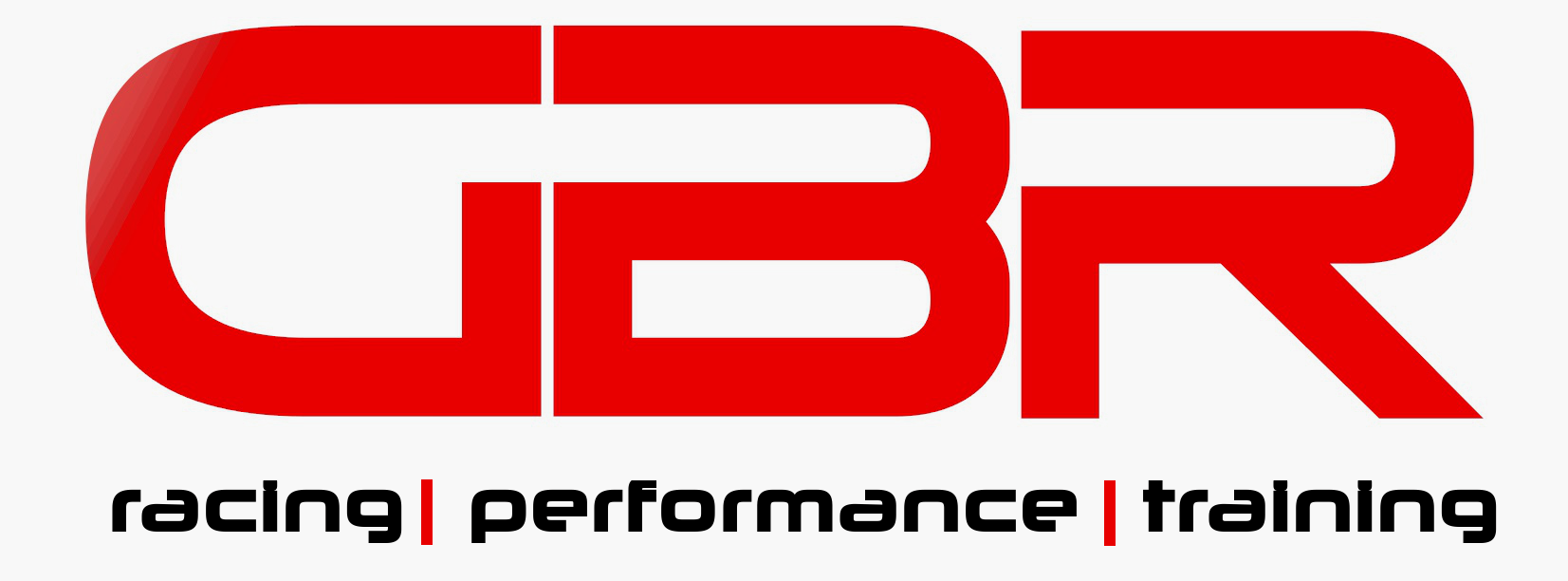 I’m constantly amazed by the number of small businesses that do not carry out regular reviews. If you have made plans or set goals and targets you must carry out reviews to constantly learn, implement and improve to ensure you meet these targets.
I’m constantly amazed by the number of small businesses that do not carry out regular reviews. If you have made plans or set goals and targets you must carry out reviews to constantly learn, implement and improve to ensure you meet these targets.
Of course, if you haven’t got a plan, then reviews are meaningless.
Reviews in Sport
Successful sports teams spend a lot of time reviewing their overall performance with a coach. Then they break the sport down into smaller chunks, and with specialist coaches analyse the performance in those areas. Then finally the analysis of the individual contribution.
Before games they analyse the opposition, seeking to exploit areas of weakness and shielding their own from being exposed. (Small businesses should also take time to analyse their competition)
So why does the ‘Reviews Process’ end up so neglected in garages?
Most of us have an opinion on the overall performance of our favourite sports team, it’s one of the things that I have missed most during lockdown. Analysing and discussing sport.
Be honest with yourself, are you reviewing the Performance of your business teams the way a top sports coach does? Or even the way you review the performance of your favourite team?
Or is the only thing that gets reviewed in your business the final score? (Profit/Loss)
In sport, it is the coach that gets fired when the team doesn’t perform, but in small business that is seldom the case.
Have you noticed that some teams suddenly start to improve when a new coach is introduced?
Fresh ideas, new methods, and using resources more efficiently starts to get results almost instantly.
 The most successful sports team in the World is the New Zealand rugby team, (they have the highest win ratio in competitive team sports).
The most successful sports team in the World is the New Zealand rugby team, (they have the highest win ratio in competitive team sports).
They consider Performance to be:
Ability multiplied by Behaviour
They have some of the greatest players in the World in the team, but they still have a coaching team that analyses the performance of the whole group, subgroups and individuals. Coaches hold everyone to the standards expected of them.
Why do so few businesses have coaches?
If you can hold yourself accountable for the performance of your team, but more importantly yourself, then it could be argued that a coach isn’t necessary.
Bill Walsh called his book ‘the score will take care of itself’ because it will. But only if you measure how effective you are, by monitoring and reviewing then adjusting and tweaking for optimum performance.
If you wait until the final whistle (year end) to know the score then there is nothing you can do to change the outcome, yet many businesses are run this way.
What should be reviewed?
A business coach holds the business owner(s) accountable, often through simple metrics, it sounds so simple yet, unless you know the five key metrics for your business and how you are performing against those metrics you may want to consider a business coach.
Ability can be fixed with training, recruitment, and putting in place facilities, all of which can be identified during reviews. Behaviour is a personal attribute but remember, it is the multiplying factor of performance.
So setting the example of what behaviour is expected should be the leader’s primary task. It can’t be bought or replaced. It is part of the culture and the very fabric of the business. (More about this in a later article).
When to carry out Reviews?
Deciding what to review is important, so is when and with whom.
This should be part of the planning process, if you set a goal, it should be somebody’s responsibility to ensure the goal is monitored.
This doesn’t mean they are solely responsible for achieving the goal, but they are responsible for keeping abreast of the metrics associated with it.
A common format would be the weekly meeting, where teams report the data for the previous weeks’ operations. In larger companies, the data might form part of a set of data that is reported to the board.
But in garages, it could just be the workshop supervisor presenting the technician efficiency figures to the owner/directors, with explanations for any anomalies in the report.
Likewise, the workshop controller could be responsible for a target of ‘upsales’ he/she would prepare their data and the context of the results.
Seldom does the data speak for itself, this is a great reason for making someone responsible for the data. That person could have the responsibility to analyse the data, to learn from its findings and suggest a course of action to remedy any deficiencies. (Ideal chance to give somebody extra responsibility)
Weekly Reviews
Weekly meetings are often just a group reporting mechanism, there isn’t time for a deep dive into the data, but they should flag progress towards goals.
If action is required it should be noted and addressed appropriately. Remember, without proper goal setting there can be no meaningful review.
Weekly meetings are suited to individual performance targets.
Monthly Reviews
Monthly meetings where the performance of the business is measured against set targets are ideal for reviewing group performance.
Quarterly Meetings where the business is measured against its annual objectives are ideal for reviewing the overall team performance.
Each level builds on the previous level and the data reported so it meets the analysis needs of the targets being reviewed.
For example, knowing that Technician A is selling 25/40 hours per week (63% efficiency) is the correct level of data for a weekly meeting. But the monthly meeting would be interested in the shop efficiency of 80/160 hours (50% efficiency). The quarterly meeting may only be concerned with overall profitability of the workshop. (The Final Score)
As we approach the end of May, we are near the end of the second quarter of 2020, if you amended your goals for quarter 2 due to Covid-19, are you on track to hit your quarterly goal?
(Refer to the article about planning)
If you leave it until the end of each quarter or even each month, does this give you the time to make the changes necessary to hit your goals? Are you letting the score take care of itself or are you continuously measuring, testing, implementing and improving to hit your targets?
What gets scheduled gets sorted, what gets measured gets managed.
During these unprecedented times, it may be vital to know the score at all times during the game.
- What are your key performance indicators (KPI’s)?
- How are you performing, are you being effective?
- Instead of monitoring weekly, or monthly, should you be on top of your KPI’s Daily?



